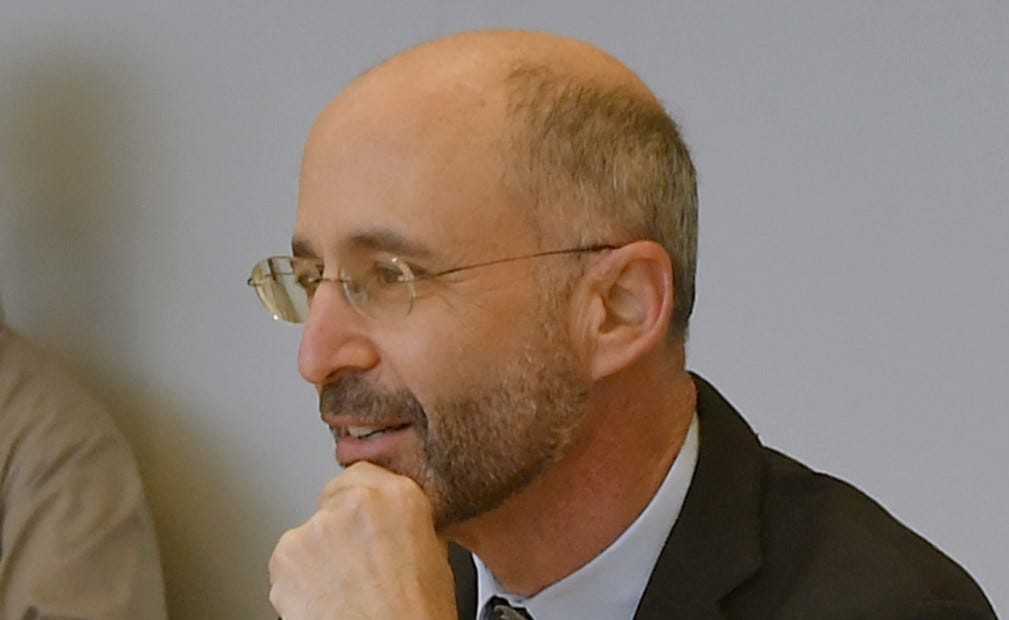Is This What You Did, Rob Malley?
Filed under: INFLUENCE
Rob Malley, who led diplomatic efforts in Iran under the Obama administration as well as the Biden administration, worked closely with three members of what is being described as an Iranian influence network from 2014 until his suspension this April.
Details of the ‘Iran Experts Initiative’ (IEI), a project of the Iranian foreign ministry, and its perso…



